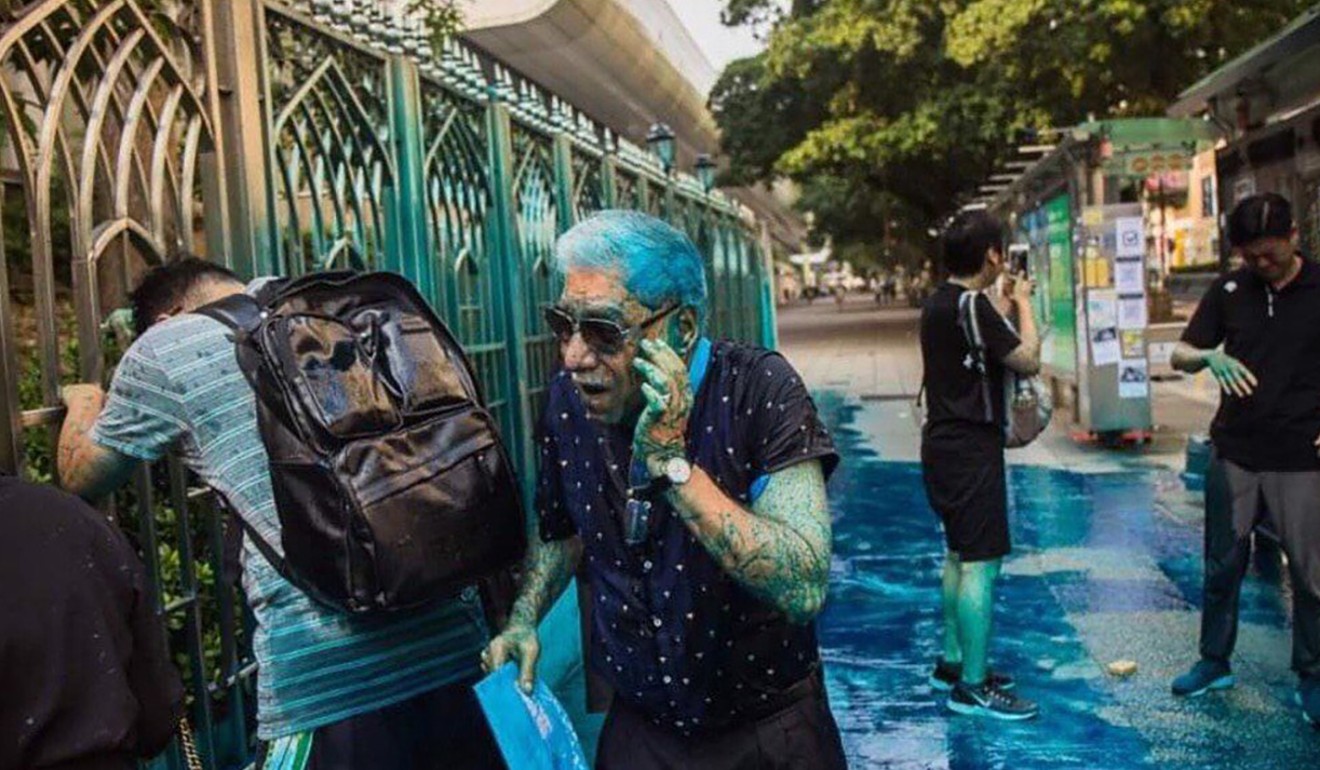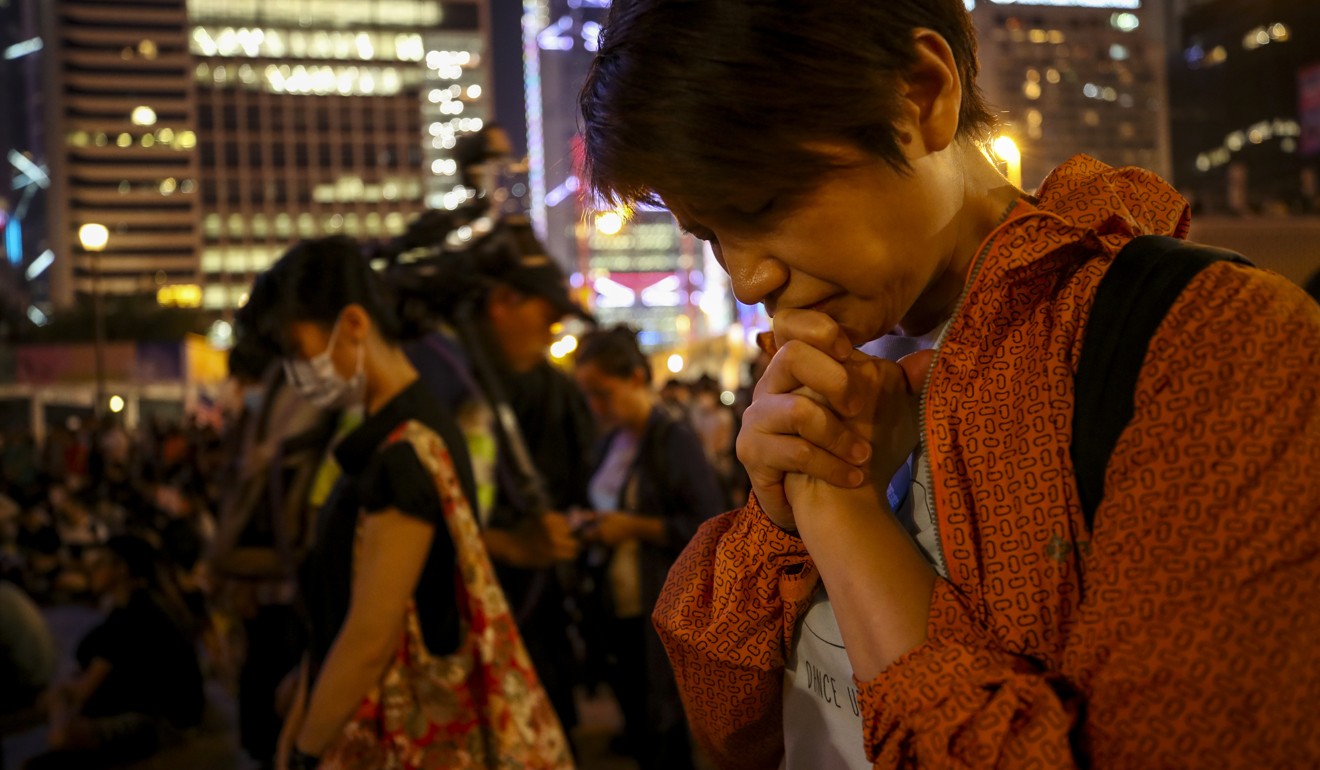
Hong Kong police let down ethnic minorities with water cannon action on Kowloon Mosque

We, on behalf of a group of non-local students at a secondary school in Hong Kong, are writing to respond to the recent incident concerning the Police Force spraying blue dye at the Kowloon Mosque and Islamic Centre in Tsim Sha Tsui. As South Asians who have lived in Hong Kong for more than 10 years, we would like to express our deepest sorrow and frustration to the police. They have certainly let us down.
It is sad to see an act like that, where a religious place was targeted and which might have led to a serious religious outcry in Hong Kong. The police claimed the blue dye had been “accidentally” sprayed, but it does not sound convincing, as there were no protesters in front of the holy mosque, as shown in the news.
It is quite outrageous to make such a mistake. Police officers are supposed to be professional, but what they did was obviously not up to standard.
The following day, Chief Executive Carrie Lam Cheng Yuet-ngor and Commissioner of Police Stephen Lo Wai-chung went to the mosque to apologise for what the police did.

It was a commendable gesture, but we think Mrs Lam should also apologise to all others affected by the insensitive operations of the police in the past four months. What’s more, she also has to apologise to all residents of Hong Kong who have been seriously affected by the spraying of blue dye and tear gas in every corner of the city.
The police force has disappointed us with their ferocious actions. We think they should learn how to respect different religions and understand the cultures of ethnic minorities. We are also a part of Hong Kong, which has been an international metropolis until now. We hope Hong Kong will be peaceful again soon.
Fatima-Neelam, Khan Arbaz and Saeed Muhammad Usman, Wan Chai

No proof that police fail to respect religion
I refer to Eric Lai’s letter arguing that police deploying a water cannon near the Kowloon Mosque is evidence of the force’s lack of respect for religion and justifies an independent inquiry into police action. While I heartily applaud Mr Lai’s commitment to civil rights, I am perplexed by many assertions in his letter.
First, his statement that respect for religious minorities is undermined by use of the water cannon. I fail to see the connection between religious freedom and the use of a tool to quell rioting. There is no evidence to suggest that the police were targeting the mosque. Instead, their target was the demonstrators gathered outside.
Mr Lai also states: “We regret the Hong Kong police’s lack of common sense and insensitivity to religion.” Note that the city’s Muslim leaders have all come out in support of the Hong Kong Police Force in understanding why this took place, and have accepted the force’s apology which was made the very same day. Mr Lai is being disingenuous in his claim.
Second, Mr Lai cites the incident of a policeman allegedly telling a pastor on June 12: “Ask your Jesus to come down and see us,” as a sign that the force fails to respect religious freedom. I don’t see any connection between the suppression of religious freedoms and the officer’s wry statement. Was he hindering the pastor from exercising his religion in any manner? There is zero evidence to suggest that was the case.
Finally, I too very much support an independent inquiry into the Hong Kong Police Force’s actions. Such an inquiry will clear the accusations of bias that have been levelled at the force, clear the names of the majority of our outstanding and courageous police personnel, and weed out the few bad apples. Such a result can only be positive for all of us in Hong Kong.
Anuradha Singh, Mid-Levels